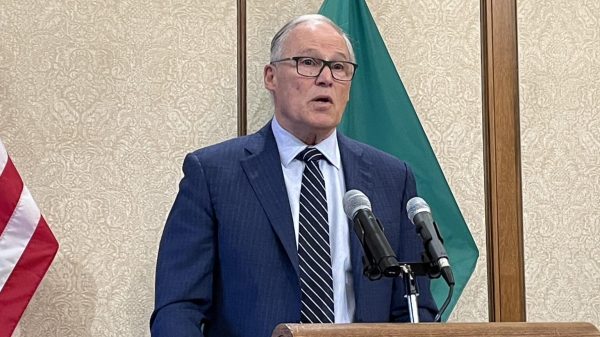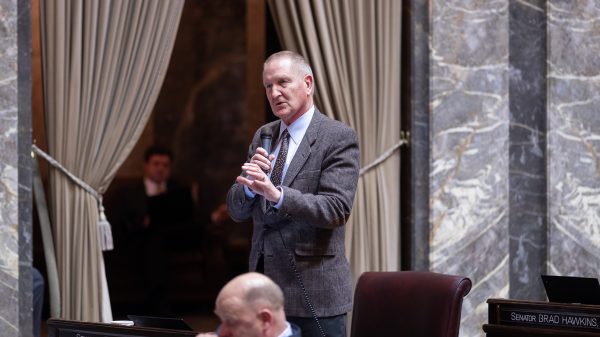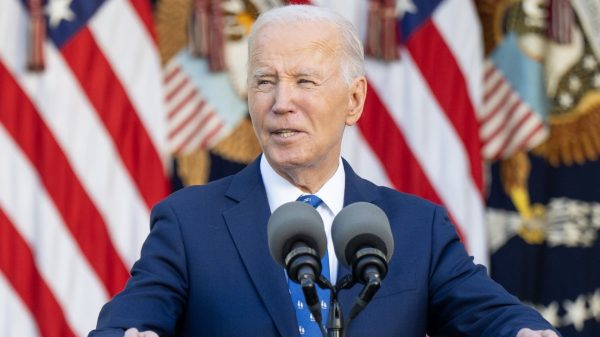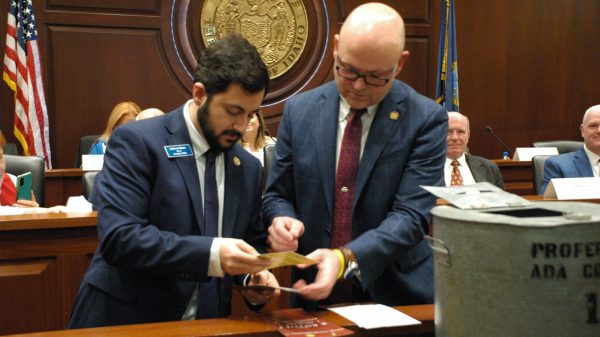Washington, D.C.– Released from the office of Mike Crapo on Friday, May 5
In an interview with the hosts of the Big Money Show on Fox Business, Senator Mike Crapo (R-Idaho) discussed his opinion on the need for substantive fiscal policy reforms when dealing with the debt ceiling. He also discussed his concerns with the IRS’s bloated $80 billion budget, the majority of which is dedicated to enforcement efforts.
Below are the topics and answers from the interview:
On where discussions on raising the debt limit and cutting spending stand:
“We face incredible problems in this country from our spiraling national debt. We need to have fiscal restraint and spending solutions as well as debt avoidance solutions. And we have to have a discussion. The President is absent. Now, I was very pleased to see he has finally seen the need to call the leaders of the Senate and the House from both parties to the White House to talk about this. I hope that what we hear after that meeting is that they had good discussions and that they were able to find some common ground on, not only protecting America from default on its debt, but also protecting America from the spiraling spending, the inflation that is hammering us, and to deal with these crises as well as the national debt.”
On the nation’s borrowing and interest on the federal debt:
“In a few years, the interest on that debt will be greater than our entire defense budget. That’s just one piece of the damage that this debt causes us. It is impacting us in every aspect of our lives in America–from our free market economy to the safety net programs we have to protect people and to our national security. We must recognize simply increasing our national debt without insisting on substantive fiscal policy reforms is very reckless behavior. I hope the President has recognized that.”
On reports the Internal Revenue Service (IRS) has spent $10 million on weapons, ammunition and tactical gear since 2020:
“These details . . . just highlight the fact that we’ve got to focus on what [the Inflation Reduction Act] passed last Congress does. Eighty billion dollars, 47.4 of that $80 billion was put into enforcement. Four-point-four of those $80 billion were put into taxpayer service improvement, and even fewer dollars were put into other parts of needed reforms to bring the IRS into the 21st Century with its technology so it can help taxpayers rather than be their auditor.”
On what can be done to address a growing IRS:
“One of the things we can do is support the House bill to deal with the national debt, which rolls back this $80 billion and starts putting needed focus on taxpayer service. The other thing we can do is pay attention to what the National Taxpayer Advocate say: that we should reallocated any dollars that the IRS does have allocated to taxpayer service, rather than to enforcement, and that we will actually get higher compliance with the tax code by focusing on helping people deal with this complex tax code rather than sending out an army of auditors.”
















































